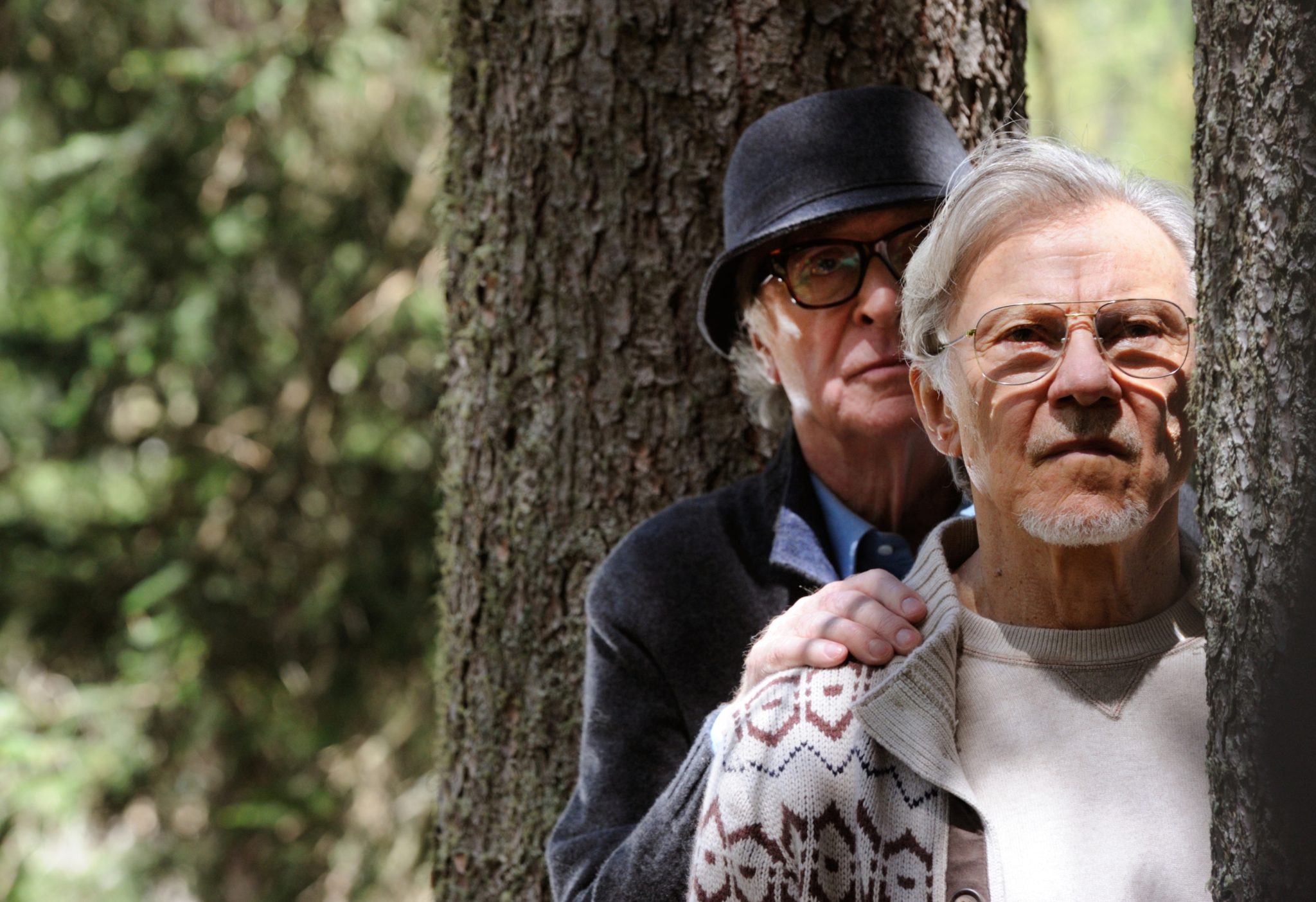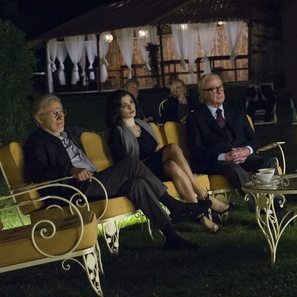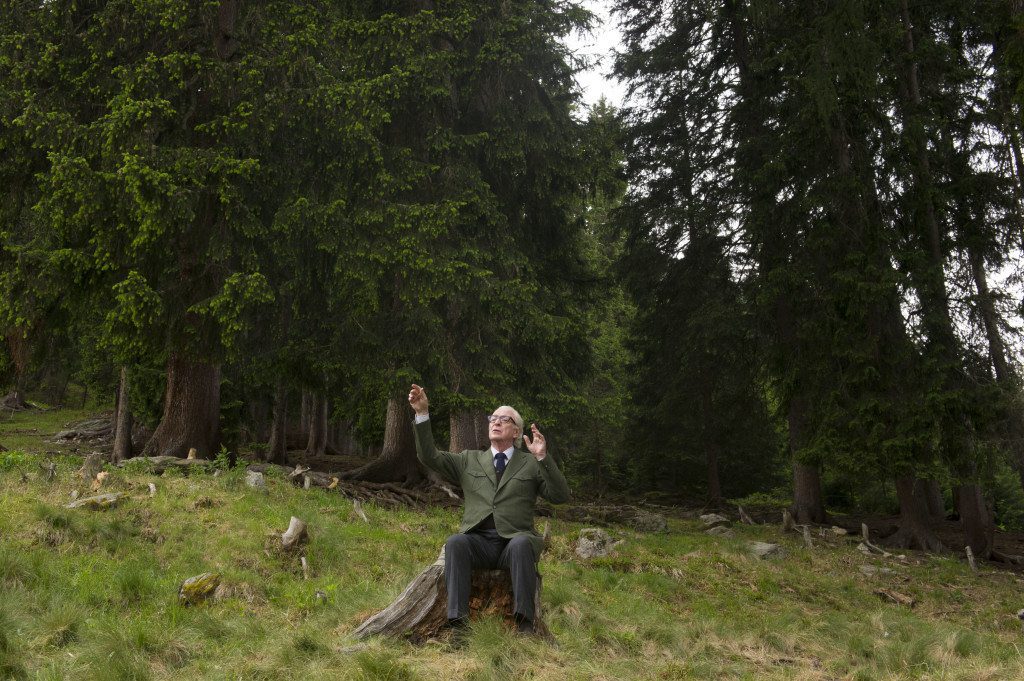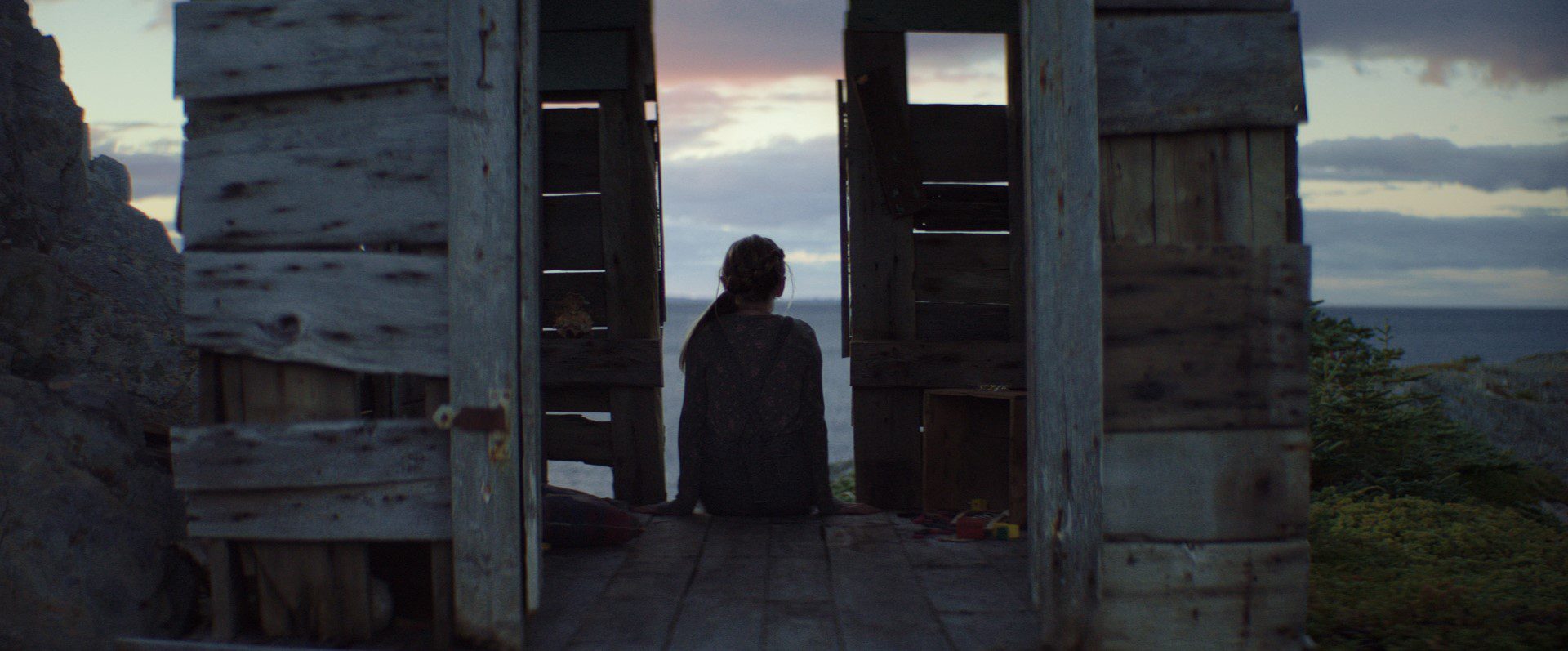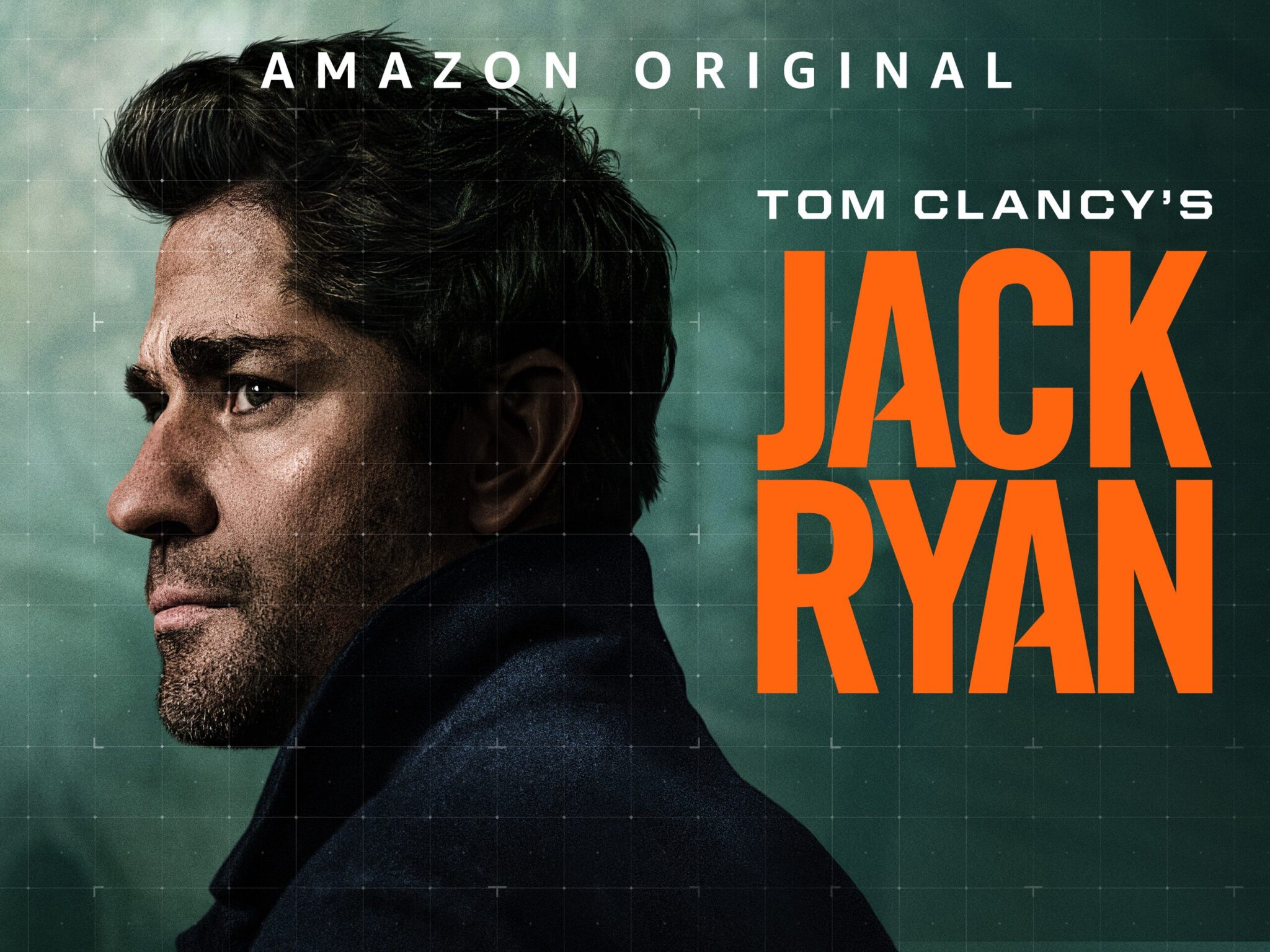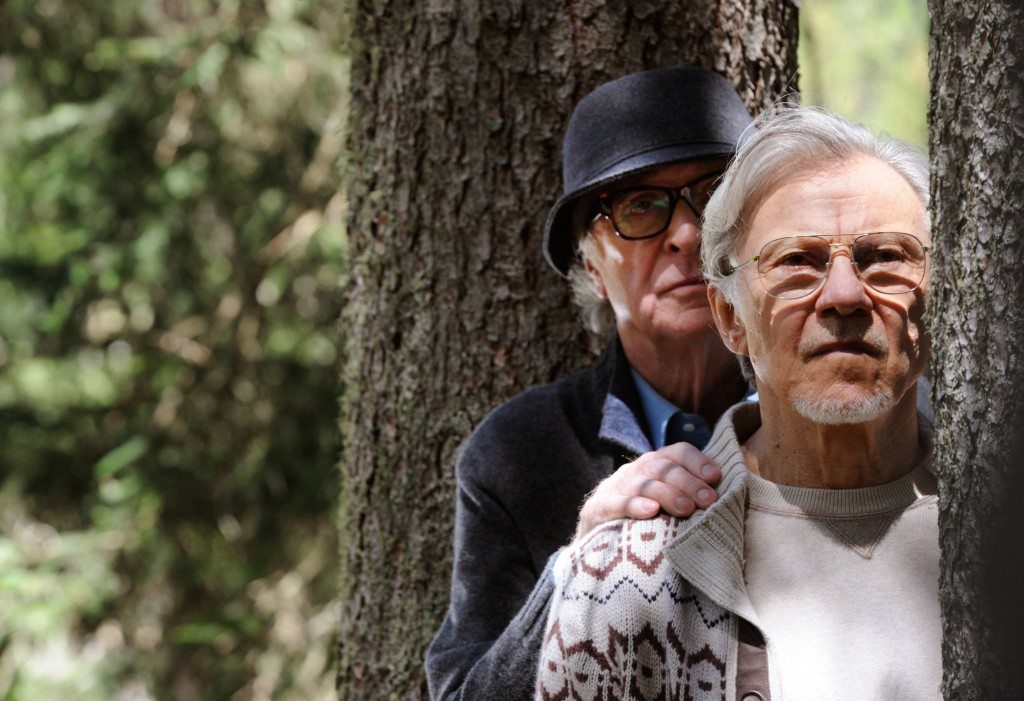
Youth is a meditation on what it means to have grown old. Writer/director Paolo Sorrentino (who won the Best Foreign Language Film Oscar for The Great Silence) says in the production notes, ?The question I asked myself was, how does one look to the future when one is no longer young?? That kind of existential pondering leads to a film that deals with life as an intersection of past, present, and future, but each has its own pains, joys, and meanings.
Fred Ballinger (Michael Caine) is a retired composer and conductor who is spending time at a lavish Swiss spa. He is accompanied by his assistant and daughter Lena (Rachel Weitz) whose marriage is breaking apart. Also at the spa are Fred?s longtime friend Mick Boyle (Harvey Keitel), a film director trying to write (with a group of young writers) a script; Jimmy Tree (Paul Dano), a young actor who wants to be taken seriously, but of whom everyone only remembers his early role playing a robot; and an aging former soccer player whose body has betrayed him. The mixture of the aging and the young (including the spa staff) provides contrasts of what life is like at various ages. Much of the film plays out at a leisurely pace but there are stories being told.
The key conflict for both Fred and Mick is to try to understand their place in the world when so much of their life is behind them and the end of their lives seem to be growing closer. It isn?t so much a question of mortality, but of meaning. When an emissary of the queen comes to ask Fred to conduct his most famous work for her, he refuses. He doesn?t give a reason, but he is adamant. That is a part of his past that he does not want to bring to the fore. We later learn that it has a special meaning to him that he is not willing to part with. (Even when we first hear the reason, we still do not really understand. Sorrentino saves full knowledge for later.) He doesn?t seem to be concerned so much about the future as he is about the past. In fact, it bothers him that the past is abandoning him as well. He can no longer remember what his parents looked like. When memories have become what you value in your life, the natural loss of memories becomes depressing.
Mick, on the other hand, is looking to the future. He wants the script he?s working on to be a ?testament??the culmination of his career and a special vehicle for his longtime muse Brenda Morel (Jane Fonda in one high powered scene). He has a wonderful scene with his young prot?g?s where he has one look through the two ends of binoculars and relates that to the past and future. The future is very much pressing upon him. To lose that future would be to lose any sense of meaning in his life.
This film may not be quite as Felliniesque as The Great Beauty, but there are still similarities. The visual sense of the film still focuses on things of beauty and wonder, including the grandeur of the Alpine setting. Like The Great Beauty this film centers on searching for meaning during later years?a time when one?s attention may shift from seeking fame and fortune to remembering past glories. That takes us back to the question that Sorrentino pondered in this film: looking to the future when one is no longer young.
But while the film may spend its time with those who are growing old, its message is really for those who still look to the future whether they are young or old. That is also a theme that is spoken to in Ecclesiastes:
Even those who live for many years should rejoice in them all; yet let them remember that the days of darkness will be many. All that comes is vanity.
Rejoice, young man, while you are young, and let your heart cheer you in the days of your youth. Follow the inclination of your heart and the desire of your eyes, but know that for all these things God will bring you into judgement.
Banish anxiety from your mind, and put away pain from your body; for youth and the dawn of life are vanity. (Ecclesiastes 11:7ff, NRSV)
Ecclesiastes can be seen as a dark wisdom that seems to find life meaningless. But often that darkness is where meaning reveals itself. In Youth there is both darkness and light. And in the interplay between the darkness and light, and the past and the future, the search for meaning goes on.

